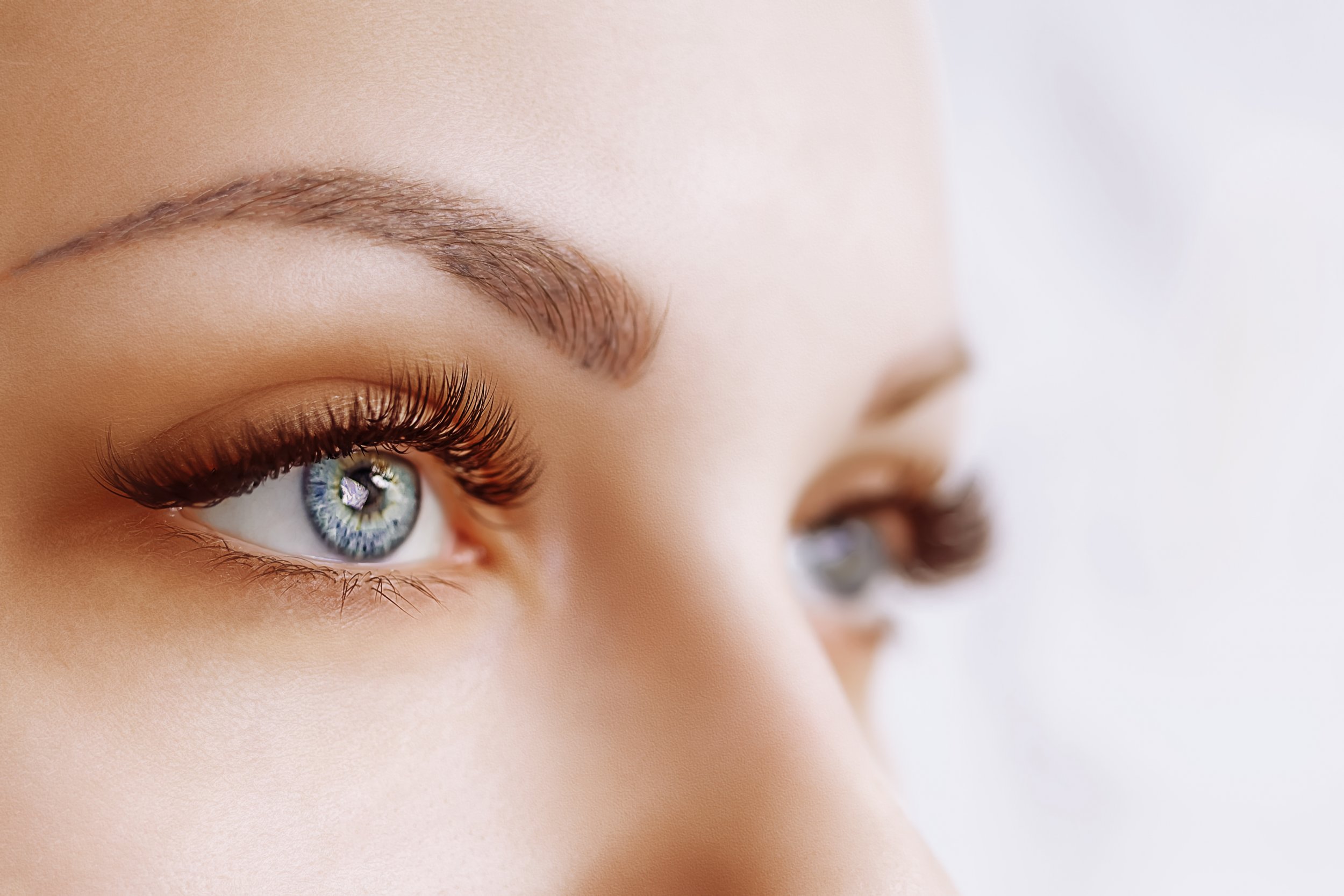
Women's faces may hide infidelity better than men's, according to a study published in the journal Royal Society Open Science.
Every day, we make judgments about the trustworthiness of others based on nothing more than their faces. But how accurate are these perceptions?
Recently, some studies emerged indicating that women—and to a lesser extent men—show above-chance accuracy in judging sexual unfaithfulness from looking at faces of the opposite sex.
For the latest study, a group of scientists from the University of Western Australia decided to investigate this issue further while also exploring how good people are at detecting sexual unfaithfulness when looking at faces of the same sex.
"We found above-chance accuracy in judgements of unfaithfulness from same-sex faces in men but not women," the authors wrote in the study. "Conversely, we found above-chance accuracy for opposite-sex faces in women but not men."
Overall then, the researchers found that both male and female participants made relatively accurate judgments about unfaithfulness for men's faces but not for women's.
According to the researchers, participants in the study made judgments about a man's unfaithfulness based on facial masculinity—that is, whether they had more masculine features, such as a wider face.
Masculine faces are linked to higher levels of the hormone testosterone—which makes men more likely to take risks and potentially cheat on their partners.
While the level of accuracy that the participants displayed in their judgments is very modest, the authors said, the findings could nevertheless have a biological significance. For example, we may have evolved to have an adaptation to help spot potential cheating partners of the opposite sex, or those of the same sex who could "poach" our own.
"Accuracy in sexual unfaithfulness judgements may be adaptive for avoiding reproductive costs associated with having an unfaithful partner," the authors wrote.
Magdalena Rychlowska, a research fellow at Queen's University Belfast, said the paper is a "great study, very strong methodologically, which allows to consolidate and extend previous findings on masculinity."
"The main piece of novelty is that the researchers study judgments of same-sex faces—previous studies tended to use opposite-sex faces," she told Newsweek. "The study uses careful statistical analyses and a big sample of participants, which allows not only to find new phenomena but to shed new light on previously found effects. This type of research is very important for the field."
"I am enthusiastic about this study. It extends previous research on facial cues to unfaithfulness by exploring people's judgments of same-sex faces and it provides a replication of previous findings on opposite-sex faces," she said.
Nevertheless, Rychlowska also urges caution when interpreting the results of the study.
"While the main result of the study—men and women can use perceptions of masculinity to accurately judge men's unfaithfulness and poaching—is exciting, I appreciate the cautious interpretation of the authors," she said. "Given that unfaithfulness is influenced by many factors and that naive judgments of cheating are only modestly accurate, the extent to which a man is masculine should not be used to make inferences about infidelity in everyday situations."
Other researchers are also investigating the ways in which people interpret faces, or more specifically, facial expressions, when it comes to the issue of faithfulness.
Domagoj Švegar and his graduate student, Antonija Rimanić, from the department of psychology at the University of Rijeka, in Croatia, are currently studying the effects of facial expressions on the social attribution of unfaithfulness.
"Preliminary results that we have obtained so far, indicate that men who express sadness are perceived as less likely to be unfaithful than men expressing other facial emotions," Švegar told Newsweek. "Furthermore, men who express fear were perceived as more likely to be unfaithful than models expressing other expressions."
"When female models are concerned it seems that women who express fear or surprise are perceived as more likely to be unfaithful compared to women expressing other facial affect," he said. "However, these results are just preliminary, we still have a lot of work to do before we start writing an article and trying to publish it."
This article was updated to included comments from Magdalena Rychlowska.
Uncommon Knowledge
Newsweek is committed to challenging conventional wisdom and finding connections in the search for common ground.
Newsweek is committed to challenging conventional wisdom and finding connections in the search for common ground.
About the writer
Aristos is a Newsweek science reporter with the London, U.K., bureau. He reports on science and health topics, including; animal, ... Read more
To read how Newsweek uses AI as a newsroom tool, Click here.








